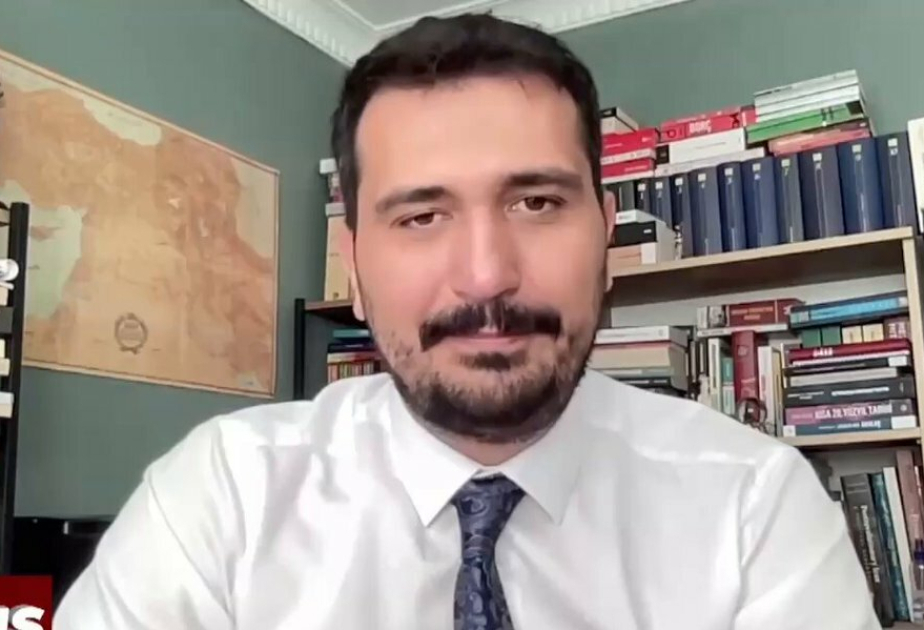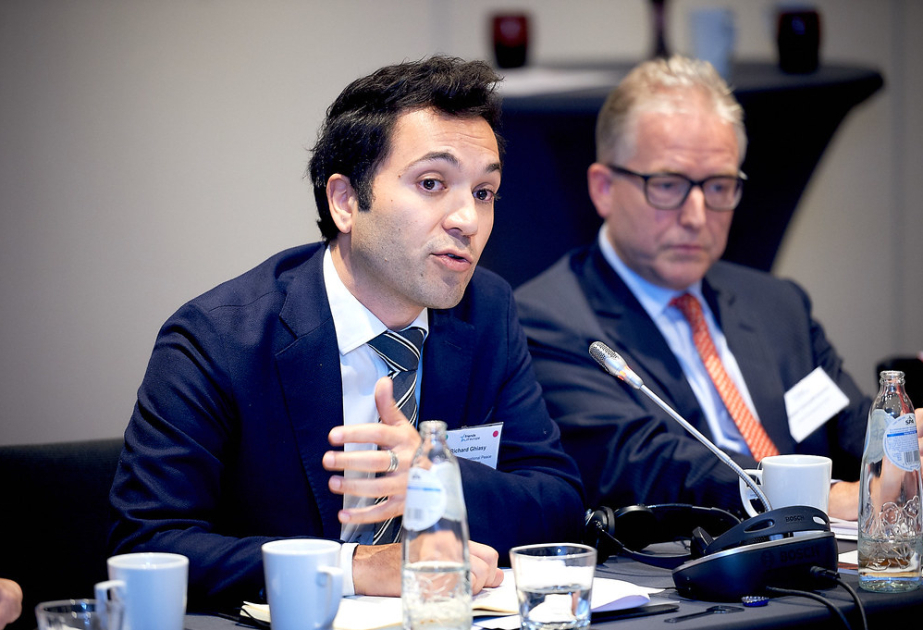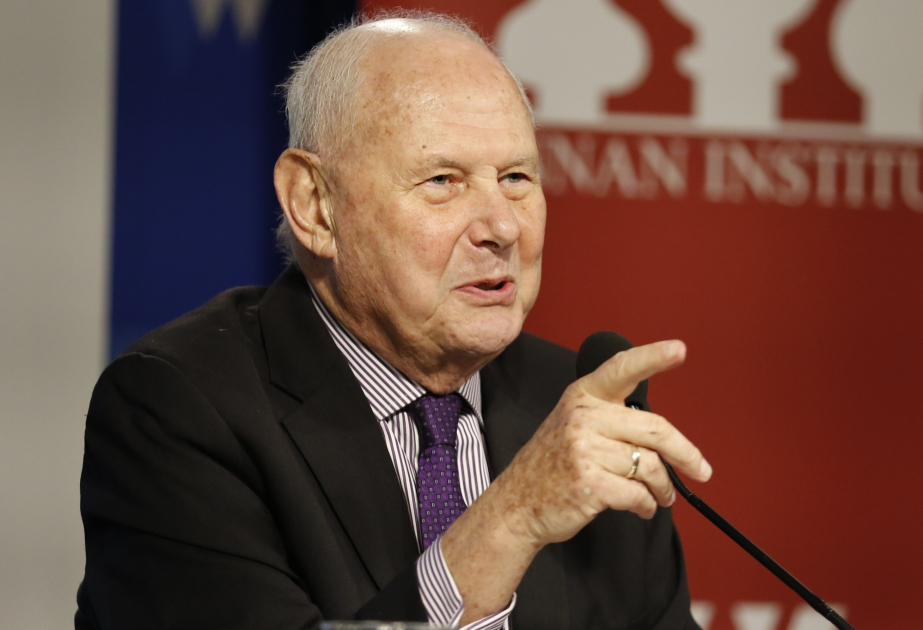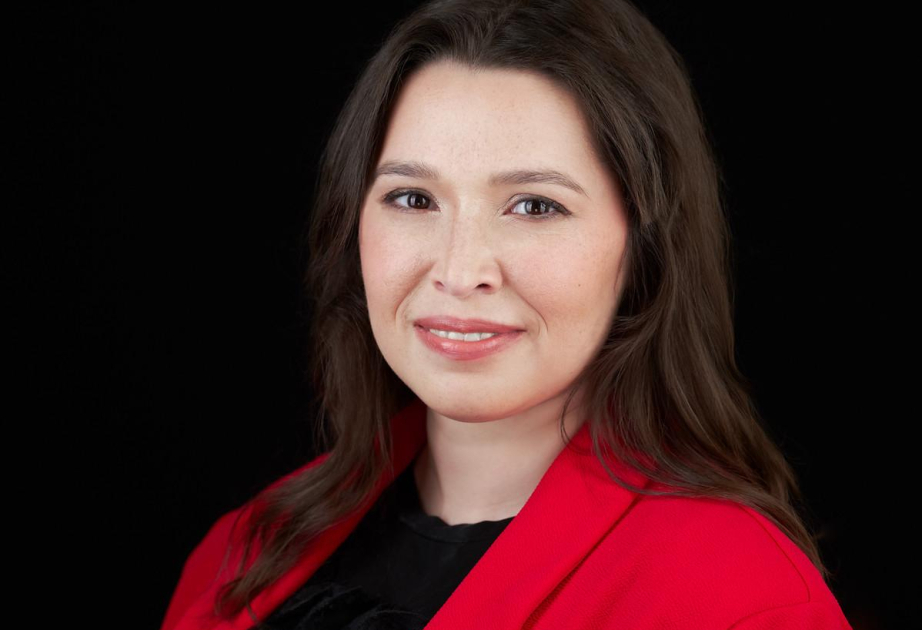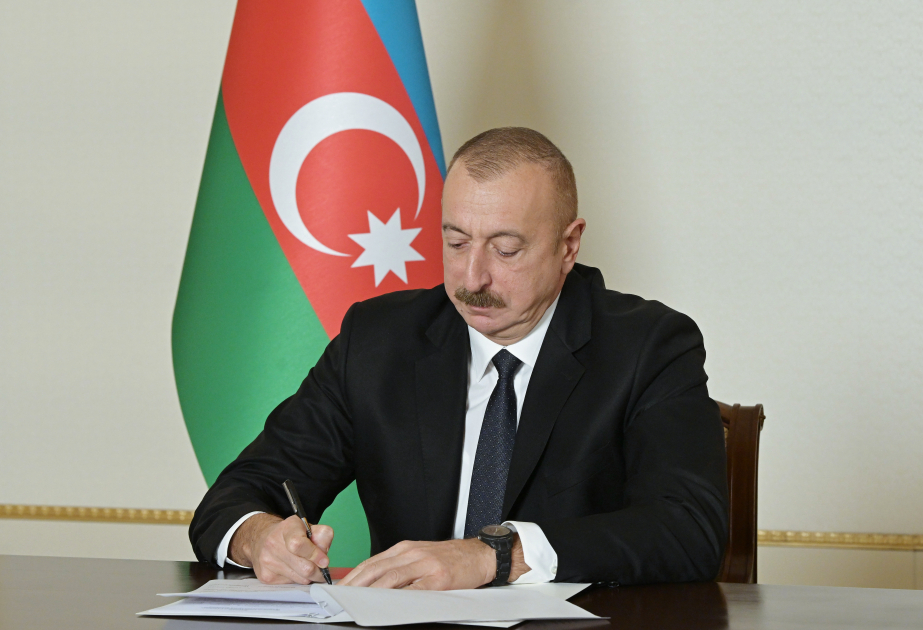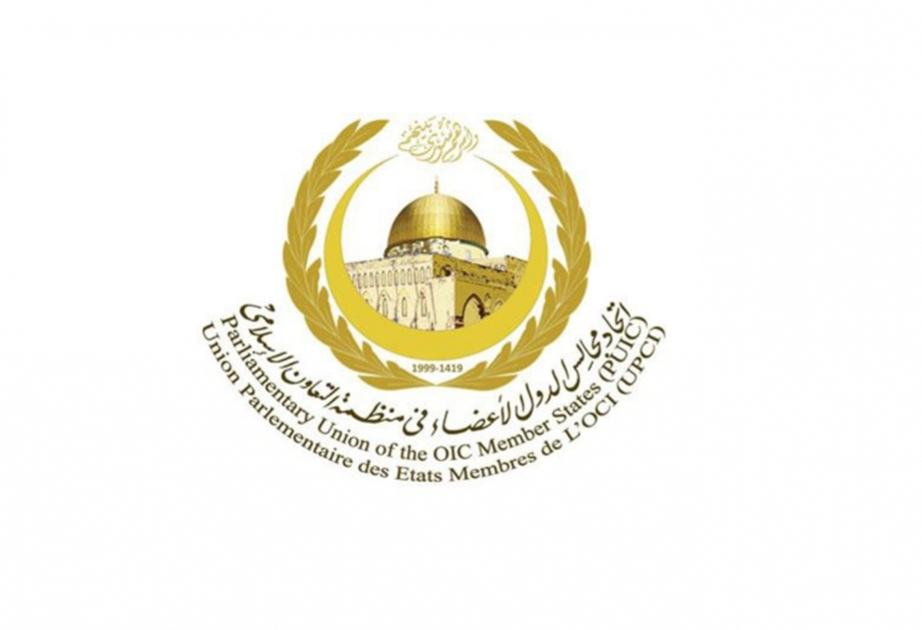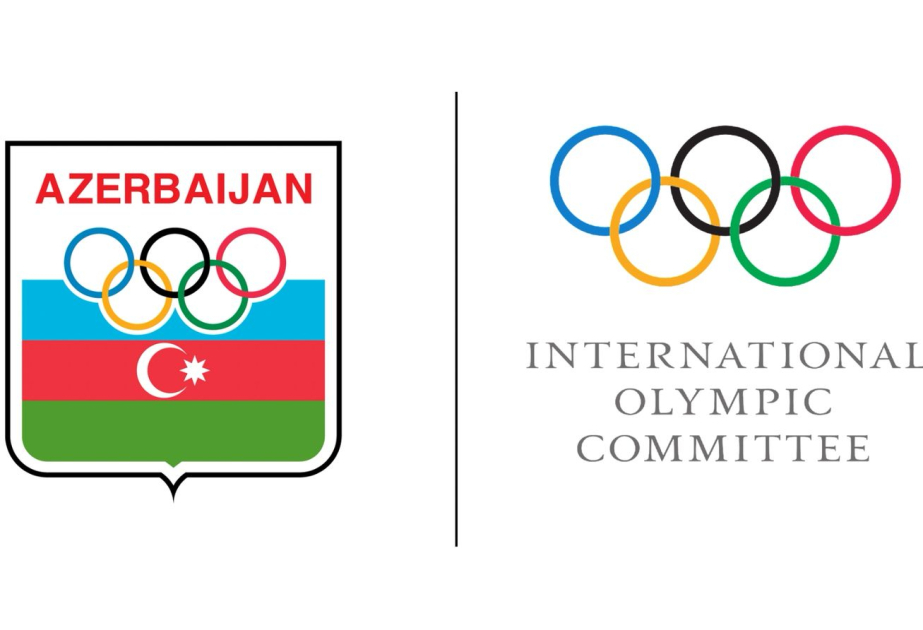In early March, the first meeting of the Working Group, established by the European Commission in cooperation with Slovakia to discuss the country's gas supply issues, was held in Brussels. The negotiations were attended by an Azerbaijani delegation led by Deputy Minister of Energy Orkhan Zeynalov.
During the meeting, State Oil Company of Azerbaijan (SOCAR) Vice President Elshad Nasirov also delivered a speech, providing information on Azerbaijan's gas resources and the potential for expanding exports to Europe. The discussions focused on prospects for increasing export volumes and developing the necessary infrastructure.
Currently, the possibility of transporting Azerbaijani gas to Slovakia through the Southern Gas Corridor and a network of interconnectors linking the Balkan countries with Hungary and Slovakia is being considered. It is worth noting that as of December 1, the SOCAR started supplying gas to Slovakia’s largest state-owned energy operator, SPP.
Jozef Hrabina, Slovak expert and leading analyst at the Slovak Exporters Council, shared his insights on this topic with AZERTAC.
- How do you assess the current state of economic cooperation between Slovakia and Azerbaijan? What key sectors define the interaction between the two countries?
- Slovakia's main interests in Azerbaijan are focused on the defense industry, energy sector, and digitalization. In recent years, Slovakia has increasingly viewed Azerbaijan as a strategic partner in diversifying its gas supply sources while offering advanced defense industry technologies in return. This cooperation is mutually beneficial, strengthening Slovakia's energy independence and expanding the export potential of its defense sector.
- What are the prospects for Slovakia's participation in the "Caspian – Black Sea – Europe" and "Azerbaijan – Georgia – Türkiye – Bulgaria" projects?
- The partnership agreement signed with Türkiye in 2024 reaffirms Slovakia's commitment to expanding its trade and economic ties. The country's foreign policy follows a multi-vector approach, emphasizing the diversification of trade partners. In this context, participation in infrastructure projects such as "Caspian – Black Sea – Europe" and "Azerbaijan – Georgia – Türkiye – Bulgaria" offers Slovakia strategic opportunities to enhance transport connectivity, strengthen energy security, and expand trade relations with the region. Engagement in these initiatives also helps solidify Slovakia's role as a key transit hub between Eastern and Western Europe.
- How does Slovakia view Azerbaijan as a partner in the energy sector? Is there potential for joint infrastructure projects in energy and transportation?
- Despite prioritizing the resumption of gas transit from Russia through Ukraine, Slovakia sees Azerbaijan as a key alternative supplier. With the necessary infrastructure in place, Azerbaijan could become Slovakia’s second-largest gas supplier, significantly bolstering the country’s energy diversification strategy.
Due to its position as a transit hub, Slovakia plays a crucial role in facilitating the entry of Azerbaijani gas into EU markets. Investments in joint infrastructure projects—whether gas transportation routes, energy storage facilities, or the development of transport corridors—could enhance Slovakia’s energy resilience while reinforcing Azerbaijan’s role as a reliable energy supplier to Europe.
- What key factors contribute to the development of economic relations between Slovakia and Azerbaijan?
- Several key factors drive the strengthening of economic relations between Slovakia and Azerbaijan. One such factor is Slovakia's multi-vector foreign policy, which emphasizes the diversification of its trade and economic partners. Azerbaijan, with its strategic location and abundant energy resources, represents an important direction for expanding economic cooperation.
Historical and cultural ties stemming from their shared Soviet past also play a significant role in facilitating bilateral cooperation. Similar administrative and legal traditions foster mutual understanding and create a favorable environment for doing business. This contributes to the development of joint projects, simplifies investment processes, and builds trust among government and business representatives.
- How can Slovakia’s experience in technology and digitalization benefit Azerbaijan?
- One of the promising areas of cooperation is the innovation and digital sector. Slovakia has considerable expertise in technology and digitalization, which could be valuable for Azerbaijan as it transforms its economy. Developing joint initiatives in IT, automation of production processes, and cybersecurity would create new growth opportunities for bilateral partnerships.
Another crucial aspect is the complementarity of economic interests. Slovakia, aiming to strengthen its energy security, seeks to diversify its energy supply sources, while Azerbaijan is actively expanding its energy exports to European markets. This mutually beneficial partnership is also evident in the defense sector, where both sides see potential for joint projects and technology exchange. Additionally, trade relations between the two countries continue to strengthen, opening up new opportunities for cooperation across various industries.
- How can the development of innovative projects elevate the partnership between Slovakia and Azerbaijan to a new level?
- To deepen bilateral cooperation, both countries must focus on several key steps. First and foremost, high-level diplomatic exchanges need to be intensified, which would optimize investment processes and create favorable conditions for economic activity. Strengthening intergovernmental dialogue and establishing specialized working groups in key economic sectors would help enhance the effectiveness of cooperation.
Expanding bilateral trade agreements is another crucial step, as it would eliminate existing barriers and create a more business-friendly environment. The development of logistics infrastructure, standardization of regulations, and simplification of customs procedures would also be essential factors contributing to increased trade between the two nations.
Thus, strengthening economic ties between Slovakia and Azerbaijan requires a comprehensive approach that includes diplomatic, trade, and technological cooperation. Joint efforts to remove administrative barriers, expand investment cooperation, and develop innovative projects will help elevate the partnership between the two countries to a new level.
- How do Slovak companies assess the investment climate in Azerbaijan?
- For small and medium-sized enterprises (SMEs), Azerbaijan remains a relatively unexplored market. However, large Slovak companies already consider Azerbaijan a promising destination for exports and long-term business cooperation.
Given Azerbaijan’s stable economic growth and increasing attractiveness as an investment hub, more opportunities are expected to emerge for Slovak businesses. As trade relations deepen and more success stories accumulate, even Slovak SMEs are likely to recognize Azerbaijan as a viable market for investment and export.






